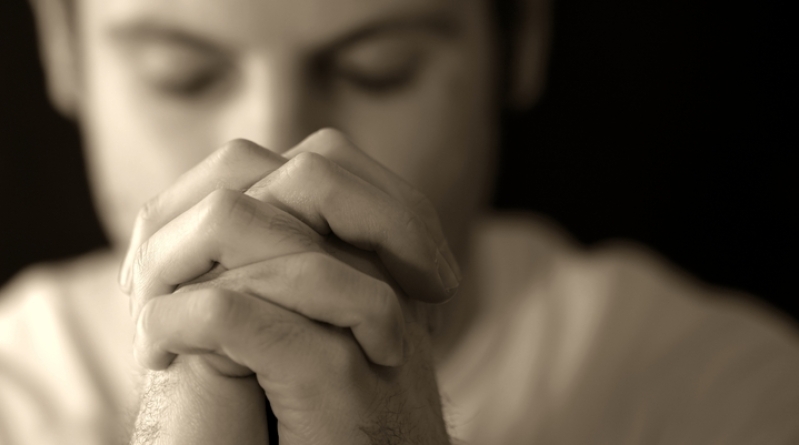
A new study found that religion in the United States is worth more than the global annual revenues of tech giants Apple and Microsoft combined, prompting researchers to conclude that "the faith sector is undoubtedly a significant component of the overall American economy, impacting and involving the lives of the majority of the US population".
The study, The Socio-economic Contribution of Religion to American Society: An Empirical Analysis, conducted by researchers from Georgetown University in Washington DC, found that religion-related businesses and institutions, as well as houses of worship contribute to around $1.2 trillion annually to America's GDP, making it equivalent to the 15th largest national economy in the world.
In fact, the faith economy has a higher value than the combined revenues of the top 10 technology companies in the US, including Apple, Amazon and Google, according to researchers. The figure was calculated using annual reports from religious organizations and other national data from 2014, including healthcare facilities, schools, daycare and charities; media; businesses with faith backgrounds, and others.
The study's author, Brian Grim, a former Pew Research Center analyst who is also president of the Religious Freedom & Business Foundation, said the statistics show the positive benefits of religion in the U.S., particularly when belief is depicted in a negative light in the news, from sex scandals to religiously-motivated crimes.
"Do we need to know (religion's socio-economic value) in order to appreciate the value of faith? Of course not," he said. "But in an age where fewer people are raised in religious congregations, we need to show a more balanced perspective on faith than might come through in daily headlines."
More than 150 million Americans, almost half the population are members of faith congregations, according to the report, which cites an analysis by the Pew Research Center showing that two-thirds of highly religious adults had donated money, time or goods to the poor in the previous week, compared with 41% of adults who said they were not highly religious.
In addition, during the last 15 years the amount of money spent annually by religious congregations on social programs has tripled, including alcohol and drug abuse recovery, veteran and veterans' families support, HIV/Aids programs and support or skills training for unemployed adults.
The new report comes a year after the Pew Research Center found that the "Christian share of the U.S. population is declining," as there are 5 million fewer Christians across the United States than there were in 2007, and millions more who identify as atheist. In another report last April, Pew predicted that Christians in the U.S. will decline to two-third of the population by 2025, while Muslims will come close to equaling the number of Christians on a global basis.
In emphasizing the tremendous impact religion has on America's economy, Ram Cnaan, director of the Program for Religion and Social Policy Research at the University of Pennsylvania, noted that more than 1.5 million full-time workers at churches could lose their jobs should religion continue to decline in the country: "Imagine what would happen if everyone woke up and said, 'I'm not religious and I don't want to join a congregation,'" he said.







